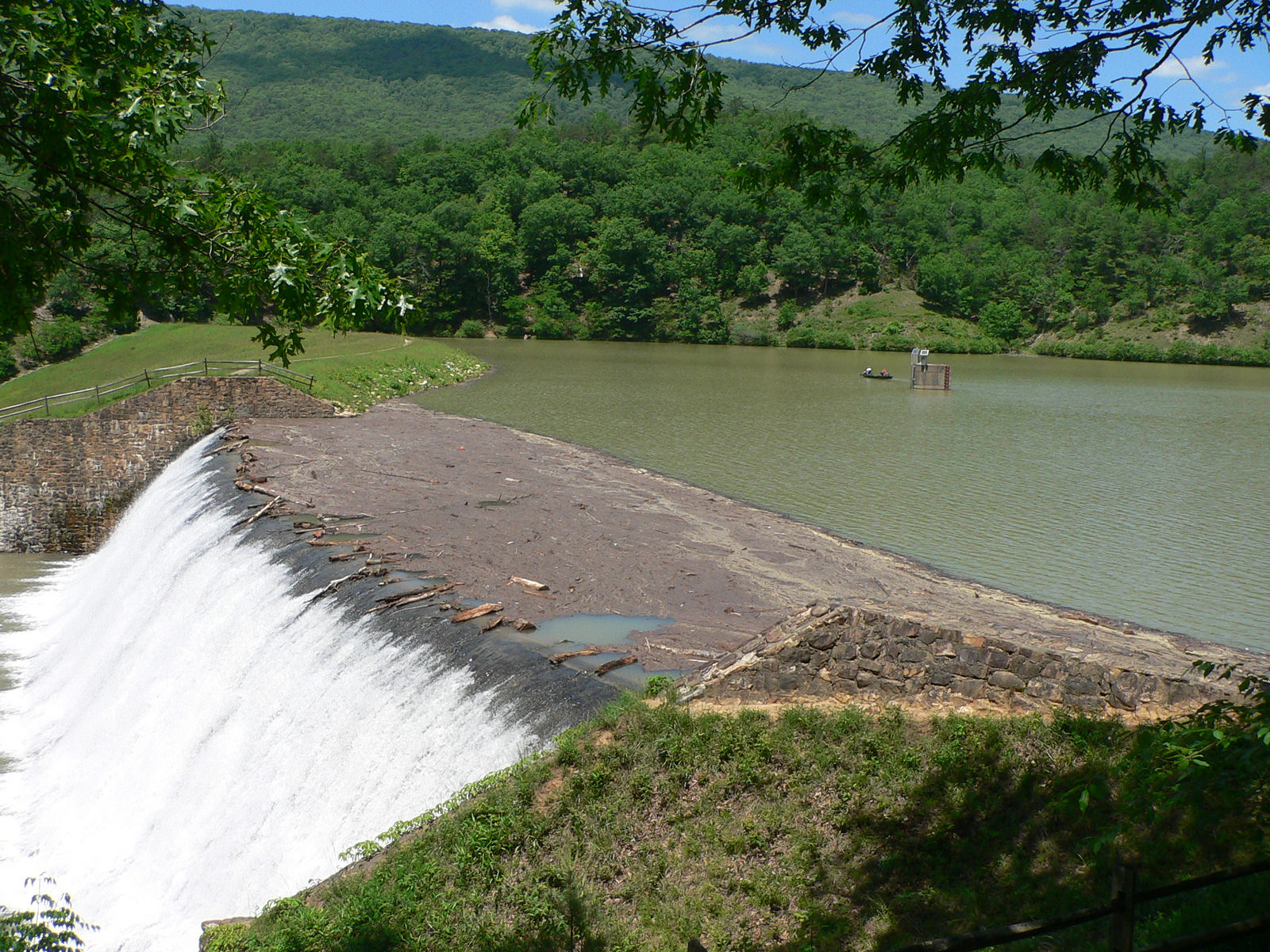On Tuesday, President Donald Trump put his signature on legislation forwarded by Republican Congressman Morgan Griffith (VA-9) that is aimed at expediting the permitting process for closed-loop hydroelectric power plants. In southwestern Virginia, Dominion Energy is currently analyzing two hydroelectric pumped storage facility projects in the area’s coalfields, and the “Promoting Closed-Loop Pumped Storage Hydropower Act” would help speed up the permitting process.
One way to store a significant amount of potential hydroelectric energy is to have one large body of water located relatively near, but as high above as possible, a second body of water. Although these “higher reservoir” and “lower reservoir” distinctions occur naturally in some places, oftentimes they are artificial. Projects in which both reservoirs are artificial, wherein no natural inflows are involved with either reservoir, are referred to as closed-loop systems. This type of system is economical because they flatten out load variations on the power grid, permitting thermal power stations such as coal-fired and nuclear power plants to continuously operate at peak efficiency.
Congressman Griffith calls his measure “common-sense reform” to the licensing procedure, which will allow the area to explore more renewable energy opportunities.
According to H.R. 2880, it would “amend[s] the Federal Power Act to authorize the Federal Energy Regulatory Commission (FERC) to issue and amend licenses and preliminary permits for closed-loop pumped storage projects (in which the upper and lower reservoirs do not impound or directly withdraw water from navigable waters, or that are not continuously connected to a naturally flowing water feature).”
Before issuing a license, FERC must assess the safety of existing dams and other structures near and related to the project, including the possible consequences of project failures. The proposed system must be held to extraordinary standards as the cost of such failure is catastrophic. Nevertheless, the legislation brings a bit of innovation to the procedure in utilizing non-traditional types of closed-loop systems.
“These projects provide renewable energy and can potentially use existing infrastructure, including abandoned mines,” Griffith said in a report from The Roanoke Times. “Enactment of this legislation opens doors for economic development and for an ‘all of the above’ energy policy.”
Richmond-based Dominion Energy currently operates a closed-loop system in Bath County, the most powerful of its kind in the world.
Around the region, Dominion is considering two additional sites for a smaller facility. Since closed-loop systems are not connected to a naturally-flowing water source, there is much less of an environmental concern. Under Griffith’s bill, FERC would be directed to take not more than two years when deciding on a submitted application for that particular type of hydroelectric installation.
The energy company is also working with nearby Virginia Tech to study whether the abandoned Bullitt mine site in Tazewell could be suitable for a similar project. This new type of design would use the underground mining passages as the “lower reservoir” for the pumped storage facility. Dominion Energy filed the preliminary permit with FERC last year to build the installation and should know by next year whether the facility will be constructed there.





